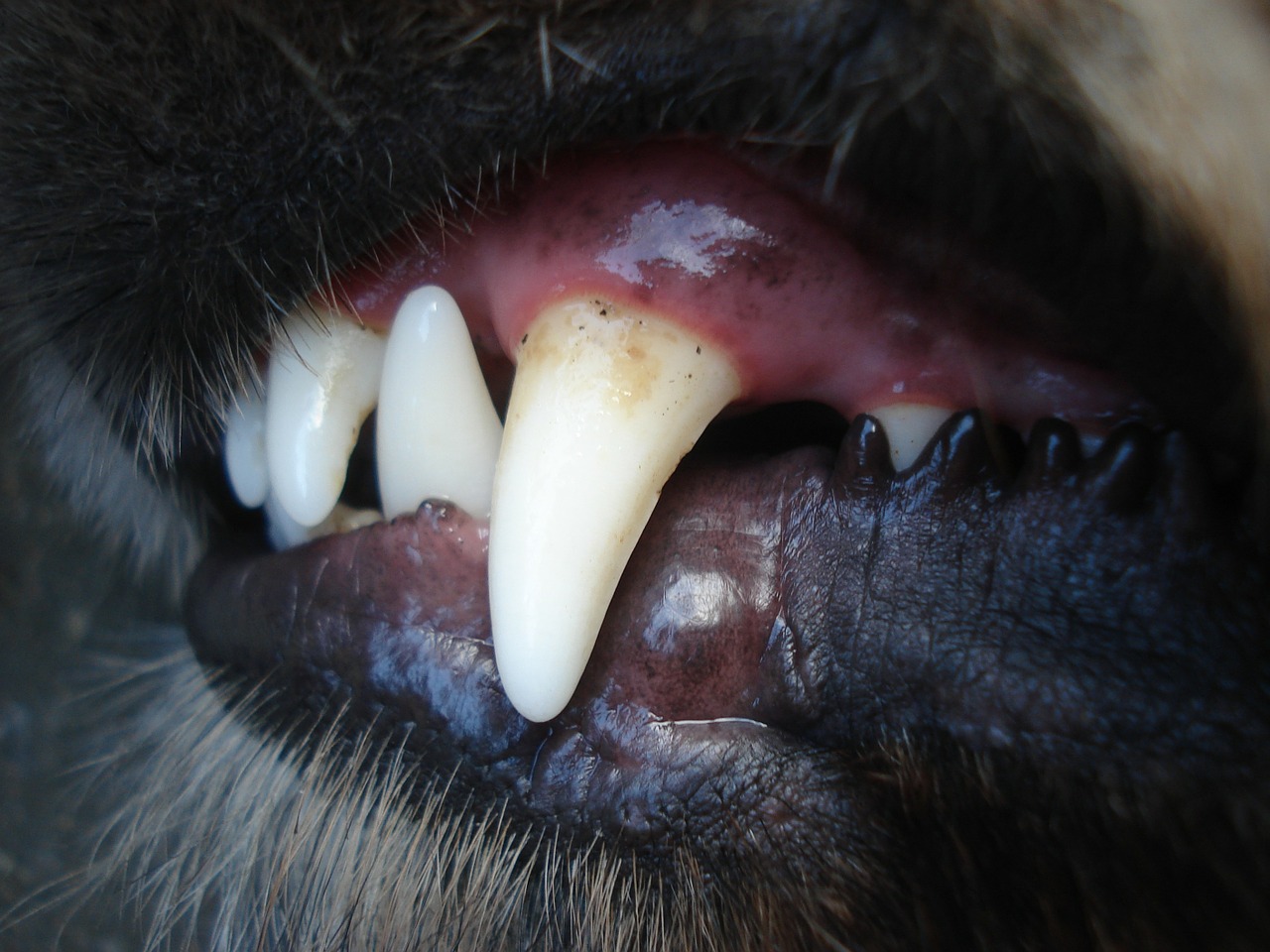Do you often overlook your dog’s dental health? Just like humans, dogs need proper dental care to prevent issues like bad breath, tooth decay, and gum disease. In this guide, we will show you how to keep your furry friend’s teeth clean and healthy so they can enjoy a lifetime of wagging tails and happy smiles. Let’s get started on improving your dog’s oral hygiene!
Understanding Canine Dental Health
Before we investigate how to maintain your dog’s dental health, it’s important to understand the basics of canine dental health.

Factors Affecting Your Dog’s Dental Health
There’s a variety of factors that can influence your dog’s dental health. These can include genetics, the type of food your dog eats, chewing habits, and overall dental care routine. Knowing these factors can help you better maintain your dog’s oral hygiene.
Common Dental Problems in Dogs
With common dental problems in dogs such as periodontal disease, tooth decay, and fractured teeth, it’s crucial to pay attention to your dog’s dental health. Common signs of dental issues in dogs include bad breath, yellow or brown buildup on the teeth, and swollen gums. If left untreated, these problems can lead to pain and discomfort for your furry friend.
How to Brush Your Dog’s Teeth
Choosing the Right Toothbrush and Toothpaste
Some important aspects to consider when choosing the right toothbrush and toothpaste for your dog include the size of your dog, the flavor of the toothpaste, and the type of toothbrush that your dog is comfortable with.
Step-by-Step Brushing Techniques
Any proper brushing technique includes starting with the front teeth and gradually moving towards the back of your dog’s mouth. Remember to brush gently in a circular motion and praising your dog throughout the process to make it a positive experience.
Step-by-Step Brushing Techniques
| Step 1 | Begin by lifting your dog’s lip to expose the front teeth. |
| Step 2 | Brush in a circular motion, focusing on the gum line. |
| Step 3 | Move towards the back teeth, taking your time to ensure all areas are covered. |
| Step 4 | Finish by praising your dog and rewarding them for good behavior. |
Additional Tips for Maintaining Your Dog’s Dental Health
Assuming you want to go the extra mile in keeping your dog’s teeth and gums healthy, there are a few additional tips you can follow:
- Maintaining Diet and Nutrition for Healthy Teeth and Gums: A balanced diet plays a crucial role in your dog’s dental health. Make sure your furry friend is getting the necessary nutrients to support strong teeth and healthy gums.
Diet and Nutrition for Healthy Teeth and Gums
Maintaining a balanced diet for your dog is crucial for healthy teeth and gums. Providing quality pet food and avoiding excessive treats can help prevent dental issues.

Regular Check-Ups and Professional Cleanings
Assuming you want to ensure optimal dental health for your dog, regular check-ups and professional cleanings are key. Schedule annual visits to the vet for comprehensive dental examinations and cleanings to keep your furry friend’s mouth in top shape. Assume that professional cleanings are necessary to remove tartar and plaque buildup that regular brushing may miss.
Healthy teeth and gums are crucial for your dog’s overall well-being. Regular dental check-ups can prevent dental problems and catch any issues early on, ensuring your pet’s oral health is in check.
Chews and Toys for Dental Health
Healthy chews and toys can be beneficial for your dog’s dental health. Chew toys designed to promote dental hygiene can help reduce plaque and tartar buildup. Additionally, interactive toys can keep your dog engaged and assist in maintaining clean teeth and healthy gums.
Plus, incorporating dental chews into your dog’s routine can further aid in promoting good oral health. Look for toys and chews recommended by veterinarians to ensure they are safe and effective for your furry friend.
Summing up
Presently, you have learned the importance of maintaining your dog’s dental health by regularly brushing their teeth, providing dental chew toys, and scheduling yearly check-ups with the vet. By implementing these simple tips, you can ensure that your furry friend has a healthy and happy smile for years to come. Bear in mind, keeping up with your dog’s oral hygiene is important for their overall well-being!











One Response